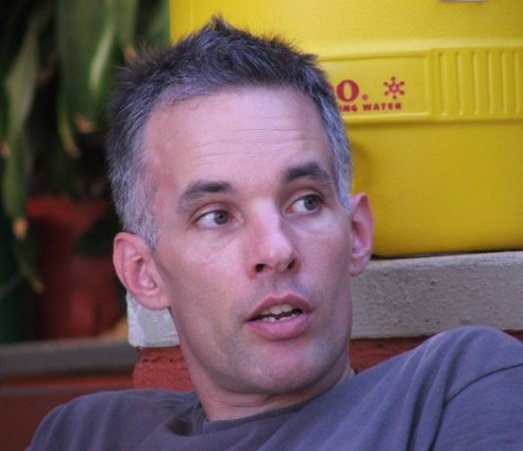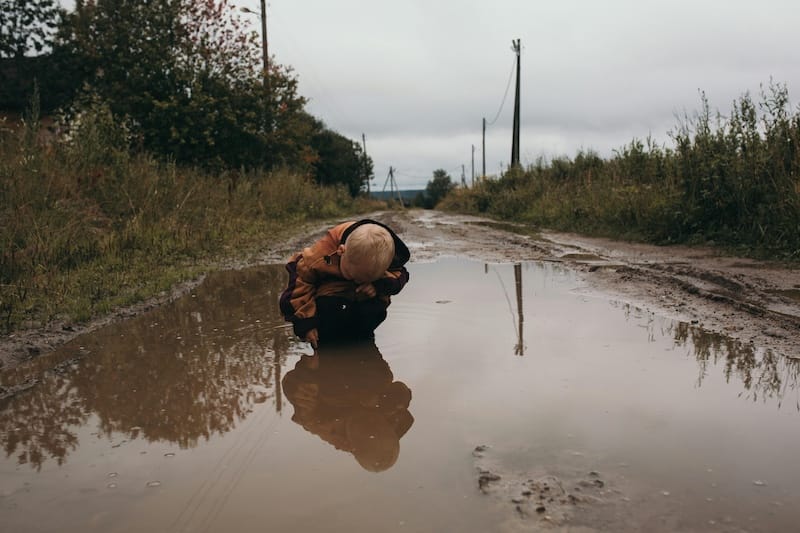We’re raising our kids in a world that’s been carefully curated, filtered, and algorithmically refined for maximum engagement—but minimal truth.
Social media shows highlight reels, not real life.
Advertising promises perfection, and even school curriculums are sanitized for fear of offense.
The real world—messy, raw, and imperfect—gets masked by screens, slogans, and safety rails.
And somewhere in the middle of all this noise, parents are left wondering: how do we raise kids who can thrive in a reality they’ve barely seen?
We aren’t just parenting anymore—we’re mentoring our children through a maze of manipulated narratives.
From TikTok trends to AI-generated influencers, from “kid-safe” YouTube channels to politically scrubbed school books, the filtered world is everywhere.
It tells our kids how to behave, what to value, what to want, and even who they should be.
But rarely does it help them ask, “Is this real?”
The Cost of Curation
Filtering isn’t inherently bad.
We all do it.
We protect our children from things they’re not ready for.
But when everything is filtered—when life is curated 24/7—it becomes harder for our kids to process failure, disappointment, boredom, or discomfort.
We unintentionally train them to expect ease, instant gratification, and constant validation.
It’s no surprise that anxiety and depression are rising among young people.
They’re not weak—they’re overwhelmed.
They’ve been handed a digital world that claims to have all the answers, but offers very little wisdom.
What Real Looks Like
So what can we do?
We start by giving them real.
Real conversations.
Real consequences.
Real responsibilities.
Let them be bored.
Let them fail.
Let them wrestle with questions that don’t have simple answers.
More importantly, let them see us being real.
Struggling.
Admitting we don’t know everything.
Putting down the phone.
Reading a physical book.
Having face-to-face conversations.
Making dinner from scratch.
Choosing principles over popularity.
Teach Discernment, Not Just Rules
Filtering the world for our kids only works for so long.
Eventually, they’ll encounter the unfiltered, uncensored version of life.
The better option is to teach discernment—how to spot manipulation, how to ask better questions, and how to separate signal from noise.
Teach them to be curious.
To sit with uncomfortable truths.
To challenge their own assumptions.
Not everything will be age-appropriate, but everything should be truth-appropriate.
Protect Their Innocence, Not Their Ignorance
There’s a difference between innocence and ignorance.
The former is about preserving goodness; the latter is about avoiding truth.
Our job isn’t to hide the world from our children but to help them face it without fear or cynicism.
We can’t compete with the algorithms, but we can anchor our kids in something deeper than likes, trends, or the latest ideology.
That something is reality—messy, flawed, human reality.
And ironically, it’s in the unfiltered parts of life where the most learning, growth, and joy happens.
Photo by Мария

Cameron Blewett is an independent writer and publisher. He helps professionals and organisations turn complex ideas into clear, authoritative writing through Dark Quill Agency. His work spans projects including GreyBeardedVegan.blog, ItsAllAbout.coffee and VeganStoic.com.
